congrats ! you're an author. sorry about that
five lessons about success, failure, and how to "make it"
The dirty little secret, the one the industry doesn’t tell you :
Publishing a book doesn’t make you a writer.
That’s the punchline, and it comes first. It comes before the joke. And most of the time, that joke, well, that’s you. Or at least me.
You get this opportunity, this chance, to take about a million thoughts and fears and hopes and you press them through the alphabet sieve of your mind, and jumbles of words juice through. Next, take those words, line them up, and you get sentences, your sentences. You do this about five-thousand times, you guzzle about eighteen gallons of coffee, you smoke however many cigarillos, and presto! you have a book.
That’s all there is to it.
But that doesn’t make you a writer.
Just an author.
And man, let me tell you, those are not the same.
And so :
Let me share you with a handful of lessons learned; the kind of stuff you wish you knew, the kind of stuff you can share at dinner parties, just vulnerable enough for you to make fun of me whenever you want.
So here comes the part where I hand out all the tricks and you learn the other dirty little secret :
You never make it. You just join the rest of us fools trying to turn bruises into crowns.
Lesson #1 : things are not always as they seem
Someone told me the grass was greener on the other side; that once your name was written in blue on Amazon, once you had a few dozen five-star reviews, things would be easier.
Someone lied.
You think you’re going to be a hit, that all the blood of your words will change the world. You think, man, one-hundred-thousand copies isn’t that many, really. And you start planning trips to Europe and office renovations and you look for old Land Cruisers to fix up.
You think your book tours, your podcasts, your zoom interviews will go viral. You think that when you show up to speak somewhere, you’ll be met with the kind of validation that only thrown roses, neon signs, and popped champagne corks can bring.
You think that.
You are wrong.
Mostly, the whole world yawns.
Mostly, no one knows you did anything.
I mean, sure, my mom bought a bunch and gave them out at Church. And yeah, some people mustered through the audiobook. But that tsunami ? That Cultural Wave ? Just a ripple.
And you know what. Good.
Humility is expensive and it costs time and pain. Its currency thrives in an economy of false expectations. In a world of over-promise, of everyone gets to win, it’s nice to do pretty good.
You think to yourself, this path, this road, well, it leads into the horizon, out into the great unknown. But it doesn’t. It sorta bends right just before sunset, and leads straight back to your two bedroom apartment across the street from the 7-Eleven.
And you know what. Good.
Lesson #2 : the myth of arrival ( and how the hell do you talk about this ? )
My team, they’re the best, and they sent me some stationary. Really nice font on postcard size stock paper. My name is on all 200 sheets, Josh Nadeau, and underneath it :
Author.
When I go to dinner parties now, or to the park with my kids, or the beach with my wife, and when we meet people, and the basics of polite cordiality are offered up :
“So, what do you do for work ?”
I get to say the words :
I am an author.
And you think this gives you some legitimacy. Like all those old notebooks piled up a staircase that led you to that sweet, sweet moment, when the mom with the puking newborn is showing reciprocating manners, asking what you do for work. And you say :
I am an author.
Please, hold your applause, band of infants and toddlers, I am still a man of the people. I still eat my apple slices like the rest of you, and I still need my naps.
What’s funny is you never feel like you’ve arrived; I think that’s something influencers make up to sell you more tote bags. After my book was delivered, after I saw it in book stores, I still had to change diapers, still had to do the dishes, still had to scramble for deadlines, and make enough money to pay the bills.
I didn’t feel complete. I felt late. Behind.
Un-arrived.
And here’s the other thing I am so very bad at :
Talking about my book.
I don’t have one-liners, I don’t have hooks, and my elevator pitch takes an awkward four minutes because I don’t want to sell my ideas; I don’t want to gas myself up.
It’s weird to see other authors chat so freely about what they’ve done, what they’ve created. They say, “buy my ideas for the low, low price of $24.99.” And they pitch their muffled echo of some other writer as the thing that will change the world.
I can’t do that. And maybe that’s why I haven’t arrived.
Others have said it better than me, and my book won’t change the world. It’s my take on a few things I’ve learned.
My pitch, should you care to know, is this :
I’m a recovering cynic and alcoholic, and this is the brutal path God led me on so I could fall in love with Beauty again.
Lesson #3 : the sideshow carnival of marketing
You get media training.
Your agent, the publishing house, and especially your Publicity Manager, ( yes, it is just as cringe to type it out as it is to say it ) want to make sure you’re all set for the big book tour.
That’s the thing you learn :
Once you publish, you’re also part salesman.
You get on this Zoom and the lady, bless her heart, pitches you. She’s coached musicians, Big Names, and she’s coached politicians and other writers. She’s there to make sure your foot keeps out of your mouth, and to make sure, above all else, you, oh author, do not serve as a blockade to book sales.
There are lists of things you don’t do :
Don’t start a sentence with “so”
Don’t ramble; always end on a positive.
Answer the question succinctly and wait for the next one.
Try to repeat what the interviewer asks in your answer ( just in case you can clip it. For social media, they mean )
No “umms” or “uhhs” and no nervous twitches.
Don’t wear branded stuff, and look nice, but not out of character.
And then she does this mock interview. She asks me all these questions, about my book, and it’s themes and motifs, about how they apply today, about making sure everything is ready for the song and dance of media interviews. And each step along the way, the undercurrent is :
Don’t mess up, sell your book.
So, thing is, I love to tell a rambling story, and I love to ask questions back, and I think false positives are a disease.
And all of this is on my mind during my first, real, big boy interview. With Ian Morgan Cron, of Typology Podcast and Enneagram book renown. We get on the Zoom, and for the first 30 minutes, unrecorded, we talk childhood misadventures with substances.
And I am thinking :
Don’t mess up, sell your book.
And I am thinking :
Does weed and beer get in the way of book sales ?
Who knows.
Since this has happened, the publishing, the training, and the dozens of interviews, I pay lots of attention to other people. How they sing, how they dance, how they move in the limelight.
And some of ‘em, bless their hearts, are made for it.
They’re better salesmen, better marketers, better showmen than they are writers. I know, because I went and read all their books.
Call it jealousy, call it hatred of self-promotion, or maybe it’s just this sense my days are worth more than TikTok. Whatever it is, the whole thing feels like a Carnival. The Sad Clowns, the Bearded Ladies, the Fire Breathers, hawking self-help for a few bucks.
I watch their reels; the trending hooks, the modern catchphrases, the filters, and the fits and within me bubbles that swirling resentment. The kind borne from pretence. You know what I mean :
I’m such an artist. Advertising is beneath me.
But it’s also fear. Not just pride.
Fear because social media can swallow your soul, and to be an artist, to be a writer ( not an author ), you have to keep your soul in tact. You cannot trade it for the bright lights.
I’ve slowly learned to laugh at it all, the flash and bang, because if not, I’d cry. Cry at the modern content culture demanding more performance than I can give. Cry at the time lost selling rather than creating.
But someone wise once said to me :
The tour is part of the job, so learn to make it fun.
And I’ve been trying.
Lesson #4 : A cult of numbers
If you think Social Media Numbers are addicting, just wait till those reviews and ratings start rolling in.
My first review was 3 / 5 stars.
It was from Publishers Weekly, a non-religious review hub, and you can read it here.
That number mattered. And whatever wind was in my sails slowed to a breeze.
And then all these other numbers start to matter.
How many books did you sell during pre-order ? And is the publishing house happy ?
What are the ratings looking like on Amazon ? And am I getting more than the person who published a week before me ?
What are the Goodreads averages ? And how many Want To Read lists am I on ?
You hit refresh over and over.
You watch the numbers scrape up.
And you read every dang review — because this thing, this book, well, in part, that’s you.
The craziest thing about those numbers is no matter how high they are, no matter how good you’re doing, something tells you it’s not enough. That slowly growing number, climbing up on refresh rates, just stands their judging you. Right at the level of your insecurity.
You want a certain amount of reviews in that first week, in that first month. To prove you’re the genuine article.
You want 900% growth on the reports.
You want evergreen status.
And then I learned about another number to care about :
#1 Bestseller in Christian Discipleship
Sure, it happened once, for a moment. But man. I cared a lot about that. The orange banner.
And then there’s all these other numbers :
You care if you break the top 1000 on all of Amazon.
You care about topping out in your niche categories.
You care about averages in your weekly sales roundup.
And if you’re me, you compare. Compare to the authors who published around the same time as you, but got plugged into the Big Evangelical Machine, and you wonder how your numbers compare to theirs. Them with their Big Evangelical Pastor promoting them as the best thing since pre-packaged communion.
And when you beat them, you say :
See, who needs the machine ?
And when they beat you, you say :
Must be nice.
I hit this big deal list a few months after publishing, the ECPA list, and you compare again.
And then you keep every other number close to the chest. Or if you’re me, you ignore them, because total sales is a game I don’t really want to play. It creates tension. Most books, my publishing house tells me, don’t even sell 10,000 copies.
I don’t want to be the guy who says I crossed that line and make others feel some kinda way. Because I don’t want the next person to look at me with my middling success and say :
Oh, those were my pre-order numbers.
Must be nice.
The thing about numbers is we can always make them lie, always stretch them to be something they’re not. If I sell one book this week, and then 9 the week after, well, that’s 900% growth.
What you need to do, if you publish, is learn that numbers are mostly liars. What counts most is the person for whom your words matter. That happens once, and it breaks you. I wept at the first positive review I read. Because I was there for someone in ways other things were not.
And that matters more than a million copies.
God, help me, I still want to sell a million copies.
Lesson #5 : the soul of writing
At the end of the whole campaign, you sit down, and you read the reviews and the DMs, and you weep. You weep at the broken lives of others, the ones that mirror your own brokenness. And you weep because in that brokenness, in the shattering, your words offer a bit of light.
Because once you strip away the ratings and the reviews, the sales and the tours and the interviews, you’re just left with people. Real life people.
One of those real life people is me.
The writer. Not the author.
The one who sat down and bled sentences.
There’s no bright lights there, in my office. Just the craft of writing.
And you — you’re the other real people.
The ones with wounds like mine, hopes like mine, and doubts that anything can change. And you take my words, you consume them, and for some of you, it works.
It gives language to those nameless places inside you.
And that’s why I write.
Sure, because I need to. Because I was made this way : to scribble my brain down in notebooks.
But the reason I read so many books on craft, the reason I try to master this, write in ways that make sense, is because of you.
Together, I think we can turn ashes into Beauty. Together, through story, I think pain transforms to victory. I think that writing, and reading, keeps our souls in tact.
And the soul of this whole thing, however glamorous you think it is, well, it isn’t. It’s just me at my messy desk, with my messy hair, writing down messy words in a tattered notebook. It’s late nights and dark circles around my eyes. It’s spilled coffee and carpal tunnel syndrome. And somehow, my dumb little work is holy.
Holy like offered loaves and fish.
Holy because Truth is multiplied when you give it to Jesus.
Holy because Heaven saw what no one else did. The quiet.
The soul of it all, is making words matter in small, human ways. Because when one person puts your words in their pocket, keeps them close for the time their whole world closes in, well, that’s everything. You fought Hell, together.
Everything else ?
Smoke and mirrors.
But try putting that in your marketing pitch deck.
you never make it
That’s the big lesson.
You publish a book and all these new things are forced on you, and you’re told about how much they matter. And in some sense, they do.
The song and dance of marketing, well, that’s part of the job.
The numbers, well, that is proof your words resonate.
But in the midst of all that, the greener pastures, is the reality :
The Holy Ordinary work of writing.
You juggle your pain, you mould it, and try to turn it into something that can help and heal. And when you do, when you transform it, then you give it away.
You don’t publish a book to “make it”, to arrive. At least, that’s not the main reason. You write a book because that’s how we survive : communication. We carry words for one another; for when the world caves in. And we share them in the darkness, and they offer light.
The dirty little secret about books is :
They’re not about sales.
They are about souls.
Your soul and my soul.
And healing.
Everything else ?
Smoke and mirrors.
And some royalty cheques.
Every Day Saints is a torchlight searching for the quiet miracles, the beautifully human stories and ideas that exist all around us. And it is a place to dialogue, not Holy Ground, but still a place of gathering.



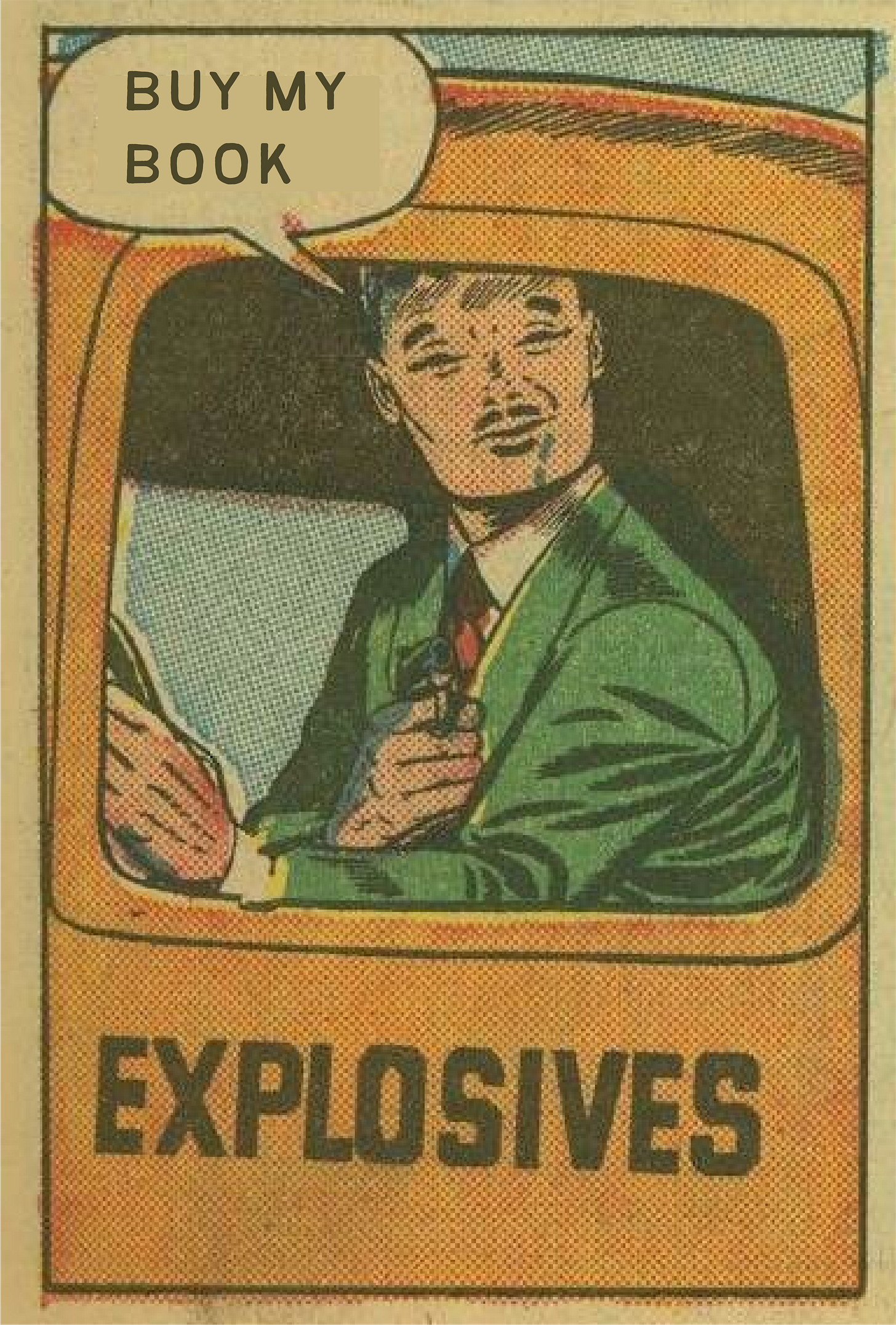
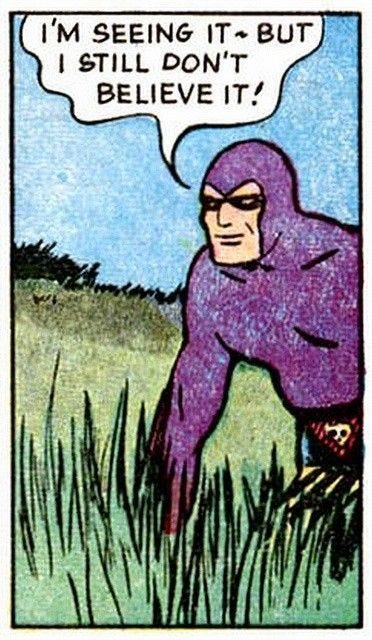
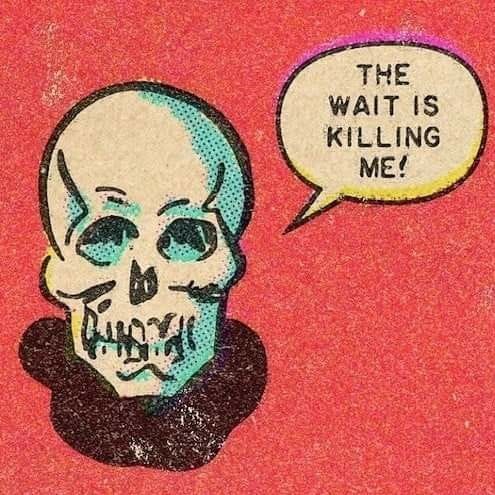
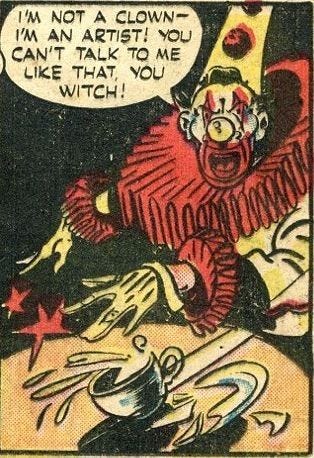
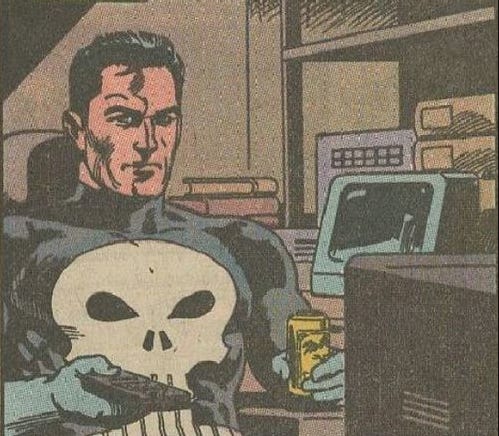

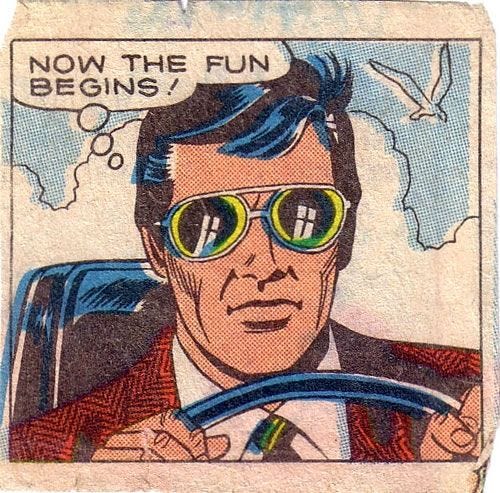
A much-needed dose of reality and look behind the smoke and mirrors.
People, most never get this advice after years of paid courses and webinars and book about publishing, and Josh is giving it you straight and for free! Take heed.
“Trying to use words, and every attempt
Is a wholly new start, and a different kind of failure
Because one has only learnt to get the better of words
For the thing one no longer has to say, or the way in which
One is no longer disposed to say it. And so each venture
Is a new beginning, a raid on the inarticulate
With shabby equipment always deteriorating”
You’re right at home with T.S Eliot